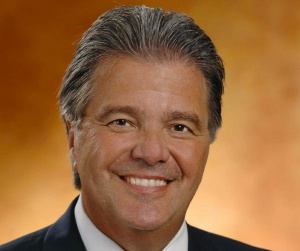
The office of the Attorney General of Massachusetts (AG) Martha Coakley is working closely with the University of Massachusetts Board of Trustees in order to bring them into compliance with the Commonwealth’s Open Meeting Law (OML). The AG found the University of Massachusetts guilty of “widespread and serious” violations of the law during its selection process of Robert Caret as president.
Coakley’s office investigated the Board of Trustees due to violations of the OML, including the discarding of meeting notes and the practice of interviewing candidates over the telephone. The legal counsel for the Board of Trustees, Deirdre Heatwole, was notified in a letter dated March 14, 2011 informing the board about the investigation. Heatwole later received a letter dated Aug. 4, 2011 that detailed the results of the investigation. The board was granted an extension to October 2012, and is presently working with Coakley’s office to conform to the OML.
Emalie Gainey, a representative of the AG office stated, “The AG’s office is continuing to work with the board to ensure compliance with our orders.”
The Open Meeting Law (G.L. c. 30A) was put into place in support of the principle that the democratic process depends on the public having knowledge about governmental action. Under the law, most meetings must be held in public. This includes keeping accurate minutes of meetings. The revisions of this law under the Ethics Reform Act of 2009 authorize the AG’s office to interpret and enforce the OML. As of July 1, 2010, responsibility for statewide enforcement of the law transferred from the state’s office of the district attorney to the attorney general’s.
The penalties for violating the OML can be as serious as annulling of the results enacted by the board that has been found in violation. No such severe penalty has been levied against the UMass Board of Trustees, but according to Gainey, “This is still an open matter [and] we do not comment on prospective actions that our office may or may not take in the future.”
One stipulation ordered by the attorney general’s office is that the UMass Board of Trustees undergoes Open Meeting Law training. Lauren Goldberg from the firm Kopelman and Paige led this training. The Board of Trustees has also been working with Coakley’s office in order to submit the most accurate minutes possible.
Robert Connelly, a spokesman for the UMass Board of Trustees, said, “It is the university’s policy to conform to the state’s public records and open meeting laws. We recognize the need for openness and transparency and make every effort to conform to the letter of these laws.”
